Past WWCF
2017
Past WWCF 2017
Overview
- Date
- 20-21 September 2017
- Venue
- HICO 300C, Gyeongju City, South Korea
- Theme
- Cities & Water for Sustainable Development
- Host
- Daegu Metropolitan City
- Participants
- 300 representatives and water professionals of 11 cities of 3 international water organizations (Daegu, Fryslân, Jakarta, MWSS of Metropolitan Manila, Milwaukee, Aqua Valley of Montpellier, Orange County, Taipei, Yixing, Yokohama, MWA of Bangkok, Global Water Partnership, International Water Association, Water Environment Federation)
- Program
-
Day 1- Keynote Speech by Dr. Jerome Delli Priscoli, Chair of the Global Water Partnership
- Water Cities Roundtable
- Adoption of “World Water Cities Cooperation Declaration”
- Presentation Session I: Successful Water Management Policies and Innovative Solutions to Urban Water Challenges
- Presentation Session II: Enhancing Collaboration & Governance for Sustainable Water Management and Water Industry Development
- Panel Discussion: Sustainable Water & Future through Collaboration between Cities and Various Stakeholders
Day 2- Daegu cultural tour and site visits
- Hanhak-Chon Village at Keimyung University → Seomun Market → Chung-ra Hill (Jeil Church) → Yangnyeongsi Museum of Oriental Medicine → Jisan Wastewater Treatment Plant → Welcome Dinner
- Outcomes
- As a gathering of city/province leaders and water professionals, the WWCF 2017 highlighted common water-related challenges and facilitate the discussion on how to manage and utilize water as an instrument to make a city an attractive, livable and resilient place and how to strengthen collaboration among the stakeholders. Representatives of cities and province adopted the World Water Cities Cooperation Declaration, agreeing to make efforts to find joint projects and seek solutions to water problems, encourage technical exchanges and collaborative projects. The forum also offered an unprecedented networking opportunity to interact among the participants.
Introduction of participants in WWCF 2017
Daegu Metropolitan City - Republic of Korea

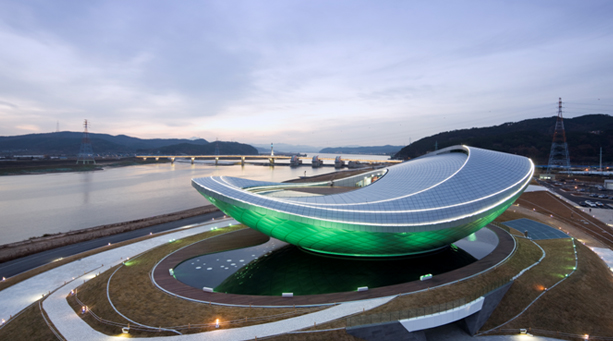
About the City/Organization
| Population | 2.5 million |
|---|---|
| Main industry/ economic sectors |
Water, futuristic vehicle, medical, IoT, robot, auto, machinery, metal industries |
| Source of water supply | Nakdong river, Unmun dam, Gachang dam, Gongsan dam |
| Website | www.daegu.go.kr/english/ |
Introduction of the City/Organization (focusing on water-related issues)
As Korea’s water hub, Daegu Metropolitan City fosters water industry through Korea Water Cluster, core infrastructure for innovative water technology development and commercialization. The city forges global water partnership to address global water issues by annually hosting the World Water Cities forum.
As a sustainable and ecological city, Daegu Metropolitan City has implemented the Nakdong River and urban stream restoration project and upgraded water treatment infrastructure from 1983 to 2018 with investment of USD 3.6 billion.
Since the city successfully hosted the World Water forum in 2015, the first national water industry cluster “Korea Water Cluster (KWC)” has been established on 650,000㎡ site in Daegu National Industrial Park with investment of USD 300 million. KWC is equipped with water industry promotion facilities, demonstration facilities and industrial complex. Daegu provides water companies in the KWC with one-stop support ranging from water technology R&D, verification/certification to global market expansion. In order to address global water issues, Daegu has implemented Water Treatment Facility Donation programs for the developing countries in collaboration with 16 KWC’s water companies. In 2017, those companies voluntarily donated water treatment facility to Vinh Long province, Vietnam. The water treatment system enabled 500 households to have access to clean and safe water.
Daegu City has also participated in the government's ODA project to create a Water Treatment Techno Park in Colombia with a total budget of USD 9.3 million, and is seeking to build water-related facilities, nurture manpower, transfer technology and enhance cooperation between Korea and Columbia from 2019 to 2022. In an effort to enhance the global partnership, Daegu is annually hosting the Korea International Water Week (KIWW) and World Water Cities forum (WWCF). In addition, IWRA’s ⅩVII World Water Congress, the largest water resources event, will be held in Daegu, Republic of Korea from May 11 to 15, 2020.
Fryslân - Netherlands

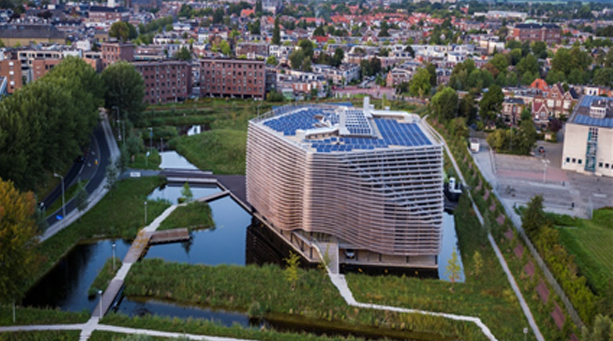
About the City/Organization
| Population | 650.000 |
|---|---|
| Main industry/ economic sectors |
Agriculture and services |
| Source of water supply | groundwater |
| Website | www.fryslan.frl |
About the Organization
| Name | Province of Fryslân |
|---|---|
| Established | 1814 |
| Type | Regional government |
| Headquarters | Leeuwarden |
| Membership |
Introduction of the City/Organization (focusing on water-related issues)
Fryslân is one the twelve provinces in the Netherlands. The province is a general authority and therefore responsible for a large number of policy fields such as traffic and transport, nature and landscape, town and country planning, public housing, recreation and tourism, environment, welfare, public order and security, water management, economic affairs and international cooperation. From the year 2000 the province of Fryslân has chosen for a smart specialization: a knowledge based economic sector in the field of water technology.
Within this framework a water technology programme has been developed with the following key elements: unify all relevant stakeholders; intensify research and development; create an innovation eco-system to stimulate new products and services (to create jobs and export); create a playground for experiments. Over the years the results of this programme have been numerous projects with a turnover of over € 400 million financed by a mix of private and public (regional, national and EU) funding.
Jakarta - Indonesia

About the City/Organization
| Key summary | - Jakarta is the capital and largest city of Indonesia. Situated on the northwest coast of the world's most populous island of Java, it is the centre of economy, culture and politics of Indonesia with a population of more than ten million as of 2014.
Jakarta's prime challenges include rapid urban growth, ecological breakdown, gridlocked traffic, congestion, and flooding.[18] Additionally, Jakarta is sinking up to 17 cm (6.7 inches) per year, which, coupled with the rising of sea levels, has made the city more prone to flooding. It is also one of the fastest-sinking capitals in the world.[19] In August 2019, President Joko Widodo announced a move of the capital to the province of East Kalimantan on the island of Borneo.[20] - The main task of the Jakarta Water Resources Department is to draw the best solutions and products to the problem of flooding and pollution |
|---|
Metro Manila - Philippines
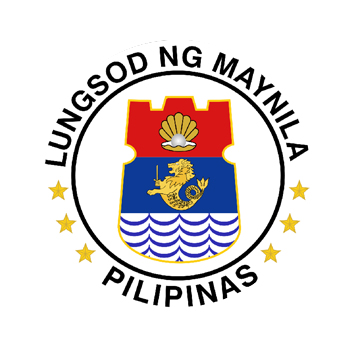
About the City/Organization
| Key summary | - The capital of the Philippines and one of the 30 most populous metropolitan areas in the world, Metro Manila, along with Metro Cebu, is one of the two metropolitan cities in the Philippines. - MWSS was established in 1971 in accordance with the provisions providing clean drinking water to the residents and the purpose of proper sanitary sewage treatment facility. - Maintenance of water resources and research, such as supply management business. |
|---|
Milwaukee - USA

About the City/Organization
| Key summary | - The largest city in Wisconsin, the fifth largest city in the Midwest - Milwaukee became an Innovating level city in the Global Compact Cities Programme in 2009. The Water Council in Milwaukee was recognized as one of 30 leading innovators in America by the U.S Global Leadership Coalition (USGLC). |
|---|
Montpellier Méditerranée Métropole - France
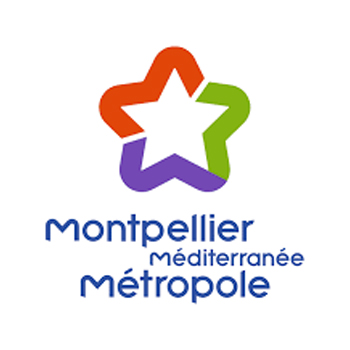
About the City/Organization
| Population | 458 000 (2015) with an urban area of 1 000 000 |
|---|---|
| Main industry/ economic sectors |
Innovation, Health, Numeric, Agroecology, Wine and Tourism… |
| Source of water supply | The main drinking water resource comes from a strategic karst aquifer sources (for more than half of the inhabitants), complete by two drillings and is supplemented by a resource exogenous to the territory (the water of the Bas-Rhône which requires more treatment). |
| Website | www.montpellier3m.fr/ |
Introduction of the City/Organization (focusing on water-related issues)
Montpellier Metropole, lies between the Mediterranean Sea and the Cevennes foothills. Its geology is typical of the Mediterranean regions, ranging from karst reliefs to an alluvial plain, bordered by a barrier beach. The territory is crossed by two coastal rivers. The coastline, once swampy, is dotted with ponds. The climate is marked by an alternation of drought and Cevennes episodes, causing floods. The central and coastal part is now largely urbanized and the aquatic environments have been largely artificialized.
In a context of climate change, the metropolis must take up 5 challenges:
- Restore degraded environments
- Save and share water resources equitably,
- Protect aquatic resources and environments in good condition,
- develop solutions based on nature and limit soil artificialization
- develop a memory and culture of water
Orange County - USA

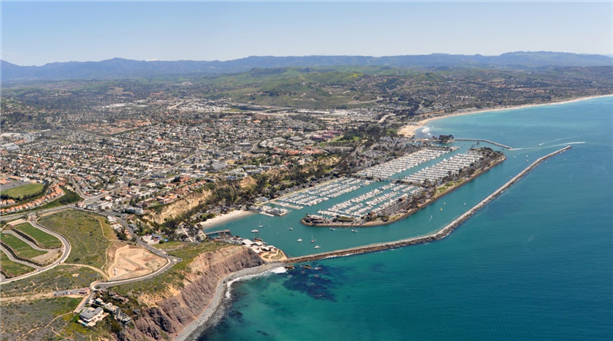
About the City/Organization
| Population | 2.3 million |
|---|---|
| Main industry/ economic sectors |
Residential, Commercial, Industrial (light manufacturing) |
| Source of water supply | Imported Water from Sierra Nevada Mountains (State Water Project) and Rocky Mountains (Colorado River Aqueduct) |
| Website | www.mwdoc.com |
Introduction of the City/Organization (focusing on water-related issues)
The Orange County (MWDOC) is a wholesale water supplier and resource planning agency whose efforts focus on sound planning and appropriate investments in water supply development, water use efficiency, public information, legislative advocacy, water education and emergency preparedness.
Established in 1951, MWDOC now serves over 2.3 million Orange County residents through 28 retail water agencies. MWDOC’s service area covers all of Orange County with the exception of the cities of Anaheim, Fullerton and Santa Ana.
Taipei - Taiwan

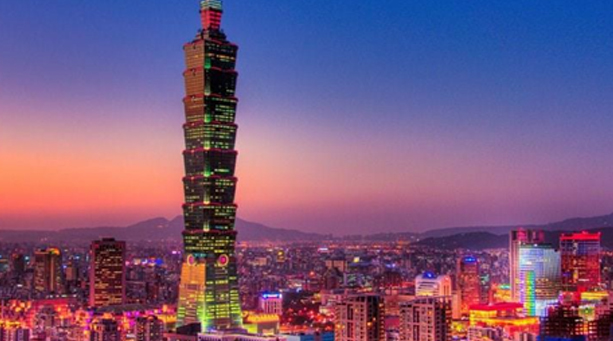
About the City/Organization
| Population | 2.667 million |
|---|---|
| Main industry/ economic sectors |
Taipei's main development fields include the information and communications technology, biotechnology, merchandising (wholesale/retail), financial services, and MICE industries. |
| Source of water supply | Taipei Water Department |
| Website | https://english.gov.taipei/ |
Introduction of the City/Organization (focusing on water-related issues)
Kumamoto City is located in the centre of the island in the southwestern part of the Japanese archipelago called, "Kyushu." We have a glorious view of Mt Aso to the east of the city, and to the west, the city faces the Ariake sea.
Kumamoto City is blessed with rich groundwater, and all the drinking water for our population of 740,000 is supplied with this natural spring water. It is a rare and unique case among Japanese cities with more than 500,000 residents that we are able to cover all of our water supply needs with groundwater. As such, Kumamoto City has been named ‘the Number One Groundwater City’ in Japan.Kumamoto is also a gourmet city with abundant good-quality food such as fruits, vegetables, beef and seafood thanks to the rich nature.
Water Alliance - Netherlands
About the City/Organization
| Key summary | - Founded in 2009 - A collection of partnerships between public and private companies and research institutes related to Dutch water technology. - International business matching and networking, and business development support to SMEs The annual Waterlink Symposium, the largest debate in the Netherlands |
|---|
WEF (Water Environment Federation) - USA

About the City/Organization
| Key summary | - WEF is a non-profit organization with 33,000 members and 75 different member associations - As a leader in the global water sector, WEF has enabled the network of water professionals , increasing the professionalism of water and the importance and value of water |
|---|
Yokohama(Japan) - Japan
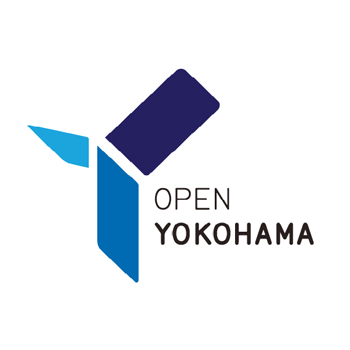
About the City/Organization
| Key summary | - Yokohama isthe second-largest city in Japan located in the south of Tokyo. - As an international city, Yokohama has been promoting international technical cooperation, has the advanced technology and the development of the urban development process is based on practical experience and know-how . |
|---|
